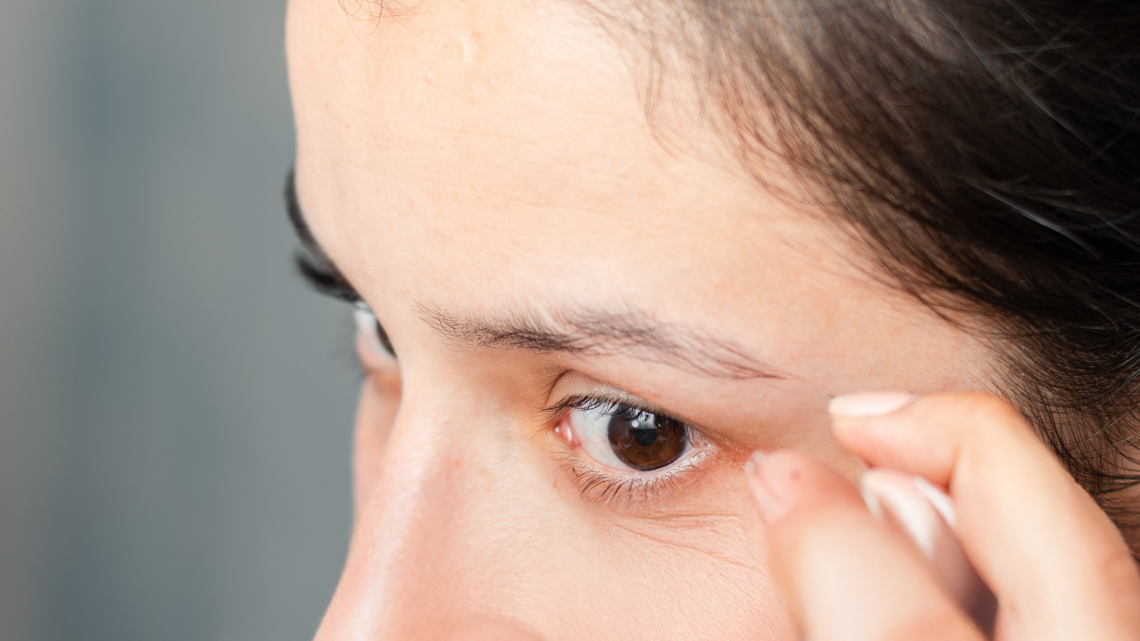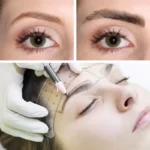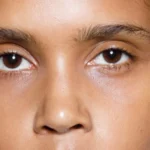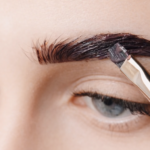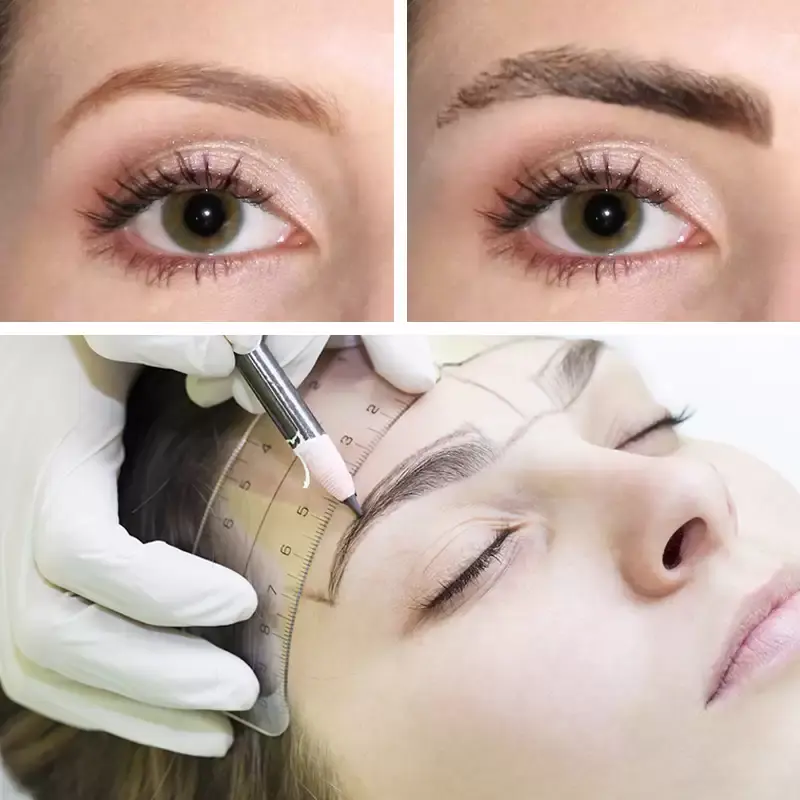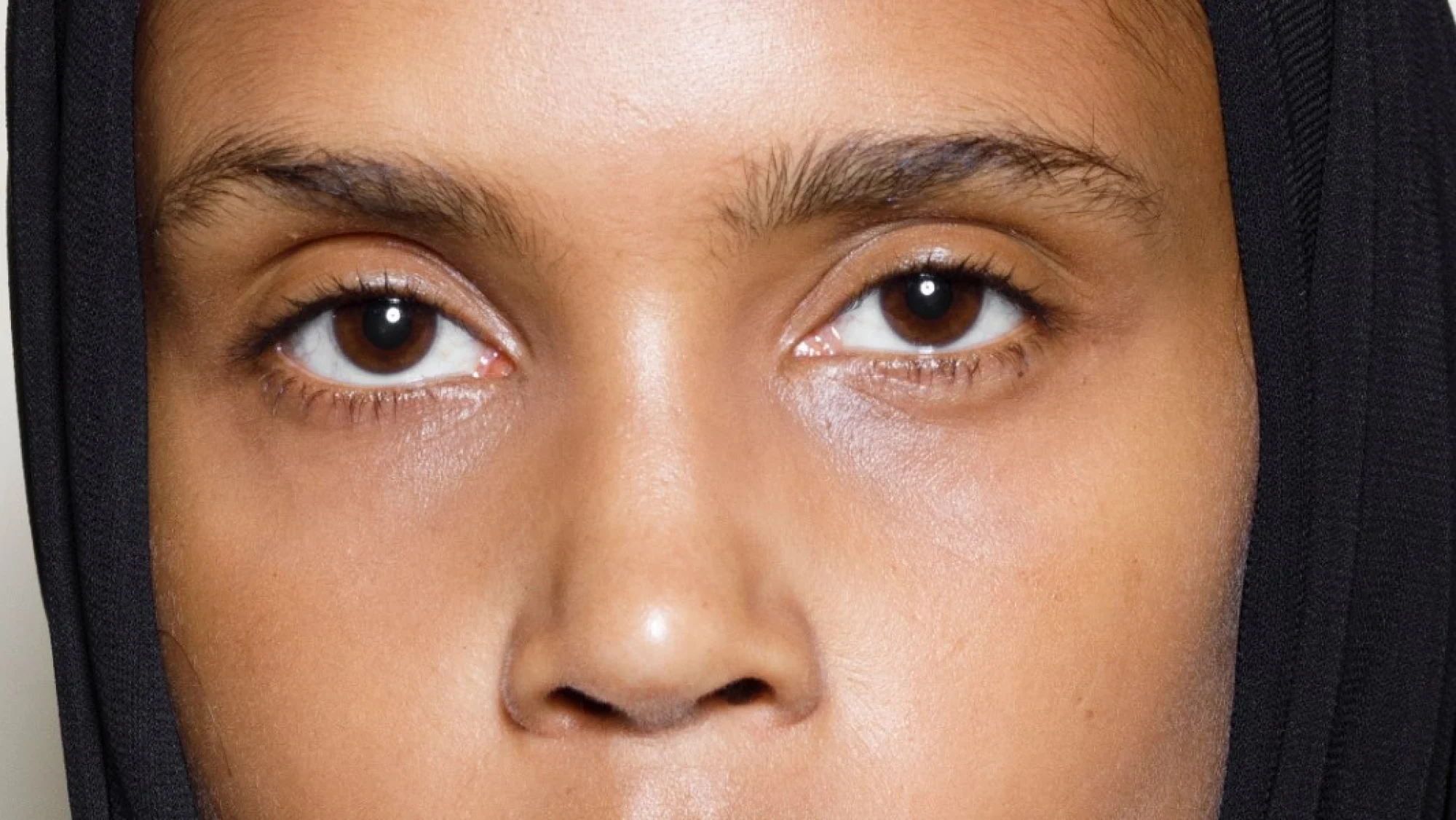Dry shampoo has revolutionized hair care, providing a quick fix for busy days when traditional shampoo and water aren’t an option. By helping to absorb oils and refresh your locks, it’s become a staple for many. But as its popularity grows, questions arise: does dry shampoo cause hair thinning, and could it even lead to baldness? Let’s dive into how dry shampoo works, its effects on your hair and scalp, and how to use it safely.
How Does Dry Shampoo Work?
Dry shampoo works by using ingredients like starch, clay, or alcohol to soak up excess oil on your scalp and hair. It gives the appearance of clean hair without the need to wash your hair with water. While it’s convenient, it’s not designed to replace regular cleansing and can cause problems when misused.
Does Dry Shampoo Cause Hair Loss or Thinning?
The direct answer is no—dry shampoo does not inherently cause hair loss or dry shampoo hair thinning. However, improper use or overusing dry shampoo can lead to issues that may contribute to thinning hair over time.
1. Clogged Hair Follicles
Frequent use of dry shampoo without properly washing your scalp can result in product buildup, which may clog hair follicles. This can irritate the scalp and affect healthy hair growth, potentially leading to a weaker hair structure.
2. Hair Breakage
Dry shampoo can create a dry, brittle texture in your hair, which might lead to hair breakage over time. This breakage, especially in fine or fragile hair types, can make your hair appear thinner.
3. Scalp Health Issues
Neglecting to clean your hair thoroughly after using dry shampoo can result in conditions like seborrheic dermatitis or an itchy, flaky scalp. Poor scalp health can contribute to hair weakening and lead to hair thinning in the long term.
Can Dry Shampoo Cause Baldness?
There’s no evidence to suggest that dry shampoo causing baldness is a direct risk. But, as previously mentioned it can exacerbate existing conditions like dandruff or seborrhea, which may indirectly contribute to shedding. Hair loss due to overuse or misuse is typically temporary and can be reversed by improving your hair care routine.
Signs You’re Overusing Dry Shampoo
Overusing dry shampoo can create several noticeable issues with your hair and scalp, such as:
- Dry, Brittle Hair: A sign of product buildup and reduced moisture, which may damage your hair.
- Flaky Scalp: Excess buildup can mimic dandruff or lead to irritation.
- Reduced Hair Growth: Blocked follicles may temporarily inhibit the hair cycle.
- Weaker Hair Strands: Regular overuse may lead to hair breakage and thinning.
Dry shampoo can build up on the scalp over time, leading to clogged follicles. When follicles are blocked, they struggle to grow new hair as efficiently. Additionally, this buildup can cause existing hairs to weaken or fall out, contributing to hair loss.
The powders and starches in dry shampoo also cause hair strands to clump together. Since hair naturally goes through growth and shedding phases, the strands that would normally shed might still be tangled with others. This can make it seem like more hair is falling out than usual. Overusing dry shampoo increases the likelihood of this clumping.
Brushing can also contribute to hair loss. Clumped hair behaves similarly to tangled hair after a windy day—any forceful combing or tugging can pull hair out of the follicle, sometimes taking neighboring strands with it.
For tips on nurturing healthier, stronger hair, check out our article, Oil for Hair Growth: The Best Oils to Support Healthier Hair. Discover how natural oils can improve scalp health, support hair growth, and prevent issues like dryness and breakage.
How to Use Dry Shampoo Safely
To enjoy the benefits of dry shampoo without harming your hair, follow these simple tips:
- Limit Usage: Use dry shampoo no more than 1–2 times a week to prevent buildup on your scalp.
- Focus on the Scalp: Apply lightly to the roots, avoiding the mid-lengths and ends.
- Wash Regularly: Ensure you’re thoroughly washing your hair with traditional shampoo and water to remove buildup and maintain scalp health.
- Choose the Right Product: Look for a formula suited to your hair type and free from harsh chemicals that might irritate your scalp.
Alternatives to Dry Shampoo
If you’re concerned about the effects of dry shampoo on your hair and scalp, there are other ways to manage excess oil without relying on the product:
- Blotting Papers: Designed for hair, these absorb oil at the roots without leaving residue.
- Cornstarch or Baby Powder: Natural alternatives to soak up grease on the go.
- Regular Washing: A consistent routine with gentle shampoo will always be the best way to maintain healthy hair.
How Does Dry Shampoo Fit Into Hair Care for Different Hair Types?
Different hair types may react differently to dry shampoo. For example:
- Fine Hair: Prone to breakage and buildup, requiring lighter use of the product.
- Curly Hair: May dry out faster, so moisturizing is essential.
- Oily Hair: Can benefit the most from dry shampoo but still requires regular washing to prevent long-term issues.
Understanding your hair’s needs ensures you get the most out of dry shampoo without compromising its health.
Other Factors That Impact Hair Health
While dry shampoo can contribute to hair issues if misused, it’s rarely the sole cause of thinning or loss. Factors like genetics, stress, diet, and hormonal imbalances are far more likely to play a significant role. If you’re experiencing persistent thinning, consider consulting a specialist to explore hair loss treatments and pinpoint the cause.
Does Dry Shampoo Cause Hair Loss? The Verdict
Using dry shampoo in moderation is unlikely to cause significant damage or hair loss. However, misusing it—such as skipping regular washing or overusing dry shampoo—can contribute to issues like clogged follicles, scalp irritation, and hair breakage. These problems might make your hair appear thinner or less healthy, but they can often be resolved with proper care.
If you’re concerned about how dry shampoo affects your hair, consider alternatives or adjust how you use it. Pairing occasional dry shampoo use with a consistent, balanced hair care routine will help keep your hair looking and feeling its best.
For those seeking a more targeted solution to hair loss, consider speaking with Dr. Kopelman. This father-son team brings over 35 years of combined experience in hair restoration, specializing in personalized treatments for each client. Dr. Kopelman’s expertise can help you find the right solution tailored to your unique needs.
Schedule a consultation today to explore your options and take the first step towards achieving your hair goals.



